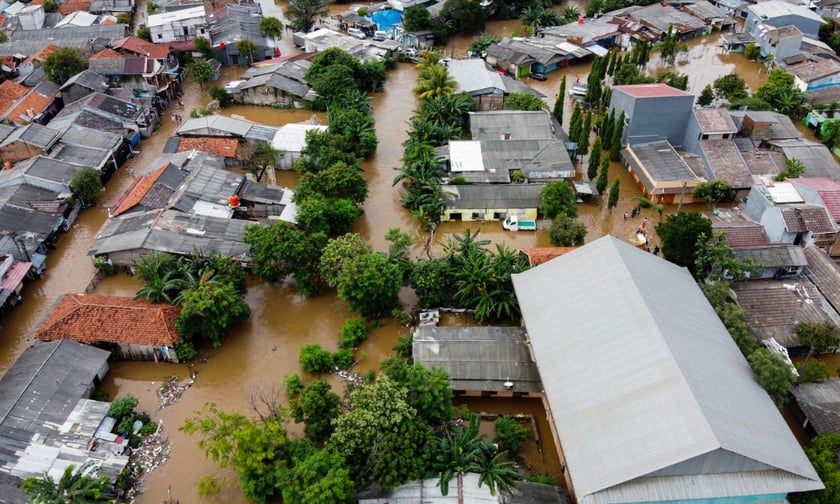

In the wake of Cyclone Gabrielle, a significant number of families in Hawke’s Bay find themselves confronting displacement and uncertainty as winter approaches once again. Many have chosen to relocate, accept buyouts, or embark on the journey of rebuilding their homes.
Hawke’s Bay Today investigated the stories of those preparing for their second winter away from home and their ongoing efforts to secure a stable future.
Cyclone Gabrielle survivor Steven Galyer voiced his urgent need for permanent housing as colder temperatures loom.
According to Hawke’s Bay Today, the Galyers – formerly residing in Eskdale – lost their rental property and belongings to the floods of February 2023.
Despite receiving temporary accommodations from the government’s Temporary Accommodation Service (TAS) over the past year, their most recent arrangement near Whirinaki has come to an end, leaving them without alternative housing.
Galyer described the challenges of locating an affordable option while coping with the stress of uncertain living conditions. Despite assistance from family members in their housing search, the couple continues to grapple with the pressing need for stable accommodations.
“We are on a real limited budget ... we’re pushing around the $450 [a week] mark, and there are not many at that [price] and, if there are, they go that fast,” he told Hawke’s Bay Today, as reported by NZ Herald.
Fadia Mudafar, head of accommodation response at TAS, underscored the temporary nature of the service’s support and its focus on assisting households in transitioning to more sustainable housing options.
“TAS is not funded to provide longer-term accommodation to people who are no longer displaced due to the emergency and do not intend to return to the home they were displaced from,” she said.
In response to ongoing challenges, the government recently expanded the scope of its Temporary Accommodation Assistance initiative to offer relief to a majority of the population impacted by a series of destructive weather events throughout 2022 and 2023, including the Auckland floods, Cyclone Gabrielle, and the earlier flooding in the northern regions of the South Island.
The updated criteria encompass New Zealanders whose homes are no longer available, even if they have not been officially designated by council-issued placards. They also encompass those who faced barriers to securing insurance through no fault of their own and those residing in temporary accommodations previously not covered by the initiative.
According to Aon’s 2024 Climate and Catastrophe Insights Report, Cyclone Gabrielle led to significant economic damage, hitting $6.4 billion, with insured losses of $2.02 billion. This is compared to PERILS’ final calculation of insurance losses published in February, which totalled $2,174 million.
